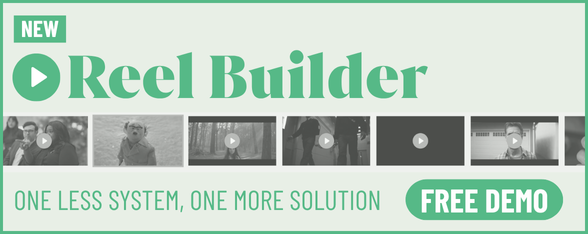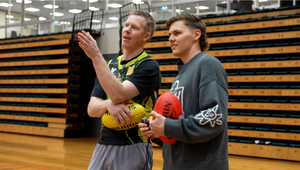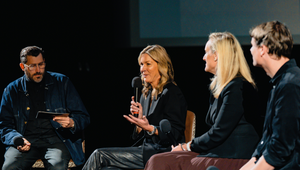
Mark Read Says AI Will Reduce Advertising Jobs but Create New Ones

WPP chief executive Mark Read said that artificial intelligence will significantly change the shape of the advertising workforce. Speaking at the inaugural SXSW London on Wednesday, he told the audience “there is no doubt that to do the work we do today there will be fewer people involved.”
On WPP’s return-to-office policy, which came into effect in April and mandates four in-office days per week, Mark said, “I think people are happier when they’re in the office.” He said the policy was intended to support collaboration during a period of rapid technological change. Reflecting on broader trends in workplace expectations, he commented on Elon Musk’s view that work could become optional: “I wouldn’t go that far - but it’s worth thinking about.”
The holding company said AI should not be used solely as an “efficiency tool” and that the industry needs to view it as “an effectiveness game as well as an efficiency game.” He cited WPP’s internal AI platform, WPP Open, as a key part of the company’s approach to integrating generative tools across its global operations. It is also a creative tool, he stressed. “The highest user of our platform is Rob Reilly,” he said, referring to WPP’s global chief creative officer.
WPP was the first major advertising holding company to publicly commit to integrating ChatGPT, and the company recently launched an ad campaign promoting its AI capabilities. Mark compared the current moment to previous technology shifts, saying AI adoption is happening at an “even faster [level of adoption] than the internet revolution.”
During the session, the WPP boss showed a short film created using generative AI technology, noting that while it was made entirely using AI-generated imagery, admitting it was “not going to win any awards,” but praising the lack of production it required, thanks to its reliance on AI-generated imagery.
He added that “creative industries will be some of the best defended against AI,” and said he believes innovation will lead to new types of jobs. “Machines can imitate… they can’t truly be creative,” he said.
On agency business models, Mark said the current approach to billing based on hours worked will “have to change in some way,” as AI reduces the amount of time required to complete certain tasks. “We’re going to charge more for the impact of what we do, as well as the number of hours” he said.
He also addressed growing client interest in how large language models represent their brands, saying WPP has begun receiving questions about how to influence LLM outputs. He noted that some models are scraping social platforms for consumer sentiment and described an emerging industry aimed at managing that influence. “Some clients have gone back” to X, he said, in part for that reason.
Discussing the legal and ethical implications of AI training data, Mark said, “It may just be impossible to go back into the black box” of how models were trained. He added, “We have to be able to reward people for what they’re going to create” in the future.















